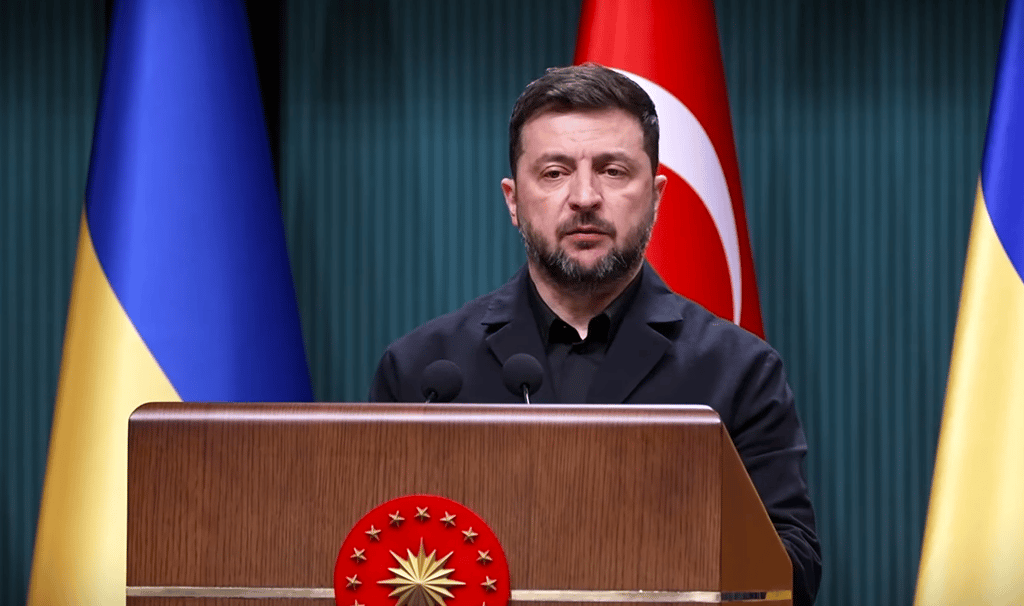US Proposes Controversial Peace Framework: Ukraine to Cede Land, Reduce Arms
On 19 Nov 2025, the US unveiled a sensitive peace proposal for Ukraine requiring territorial concessions and military reductions — a deeply contentious offer facing strong resistance.
Raja Awais Ali
11/19/20252 min read


US Proposes Peace Plan for Ukraine: Land Concessions and Arms Reductions on the Table
The United States has reportedly presented Ukraine with a sensitive peace framework aimed at ending its war with Russia. The plan calls for significant concessions from Kyiv, including giving up certain territories and reducing its military capabilities.
Under this proposal, Ukraine would withdraw some of its armed forces and scale down its military footprint. The suggested deal seeks to downsize Ukraine’s arsenal, reducing both the size of its forces and its overall defense posture. Washington appears to be urging President Volodymyr Zelenskiy to accept the fundamental terms laid out in this US-generated framework.
The idea aims to bring a lasting ceasefire by reshaping the balance of power. But it has ignited strong opposition in Kyiv. President Zelenskiy has publicly rejected any notion that Ukraine should hand over land as part of a peace deal. He insists that his country’s sovereignty and territorial integrity are non-negotiable.
Analysts warn that conceding territory or weakening the military could embolden Russia, giving Moscow a stronger diplomatic and strategic hand. There is concern that such a deal might legitimize future aggression or serve as a precedent for further pressure. Meanwhile, public sentiment in Ukraine is reportedly very negative; many Ukrainians are unwilling to give up territory or dilute their hard-won sovereignty.
To address security concerns, the US proposal reportedly includes NATO-style guarantees — without granting Ukraine full NATO membership. This is intended to provide a form of protection without pulling Ukraine into formal alliance obligations. However, Russia has expressed reservations about the plan, suggesting that key demands remain unaddressed.
Critics argue that freezing the front lines, or “drawing new lines” on the map, could institutionalize territorial losses for Ukraine. Meanwhile, Zelenskiy has emphasized that peace must not come at the cost of Ukraine’s dignity or constitutional rights.
If Kyiv were to accept, the proposal could mark a turning point — potentially ending active conflict, but at a steep price. The deal could reshape Eastern Europe’s security architecture, but the cost in terms of territory and military strength has raised deep ethical and strategic questions.
Ultimately, the success of any peace agreement will depend on whether Ukraine’s leaders and people view the deal as protective rather than punitive. If Kyiv rejects these terms, the war could continue — but if it accepts, the path to peace may come at a price that many believe may not be worth paying.
Stay informed with the latest national and international news.
© 2025. All rights reserved.